
Hi! I'm Kim!
Enjoy this article with your favorite cup of tea or coffee!
Rising Property Taxes Elicit Concerns Nationwide: Is Homeownership at Risk?

A Nationwide Trend:
The recent analysis by a Canadian Brokerage highlights a nationwide trend of soaring property tax rates, which extends beyond the usual suspects like Vancouver and Toronto. The Taxes & Canadian Real Estate report points out that governments at all levels are collecting substantial revenue through levies, development fees, and property taxes, significantly affecting affordability and gradually altering migration trends, changing the landscape in Canadian city centres.
City-Specific Property Tax Increases:
Toronto (9.5%)

Leading the pack with a historic 9.5% increase, Toronto aims to address a $1.8 billion budget deficit and improve city services. However, critics argue that such a substantial hike places an undue burden on homeowners, especially in challenging economic times.
Vancouver (7.5%)

Vancouver is witnessing a 7.5% increase in property taxes, contributing to the post-pandemic exodus from expensive markets. Affordability concerns are on the rise, prompting discussions on alternative revenue sources.
Calgary (7.8%)
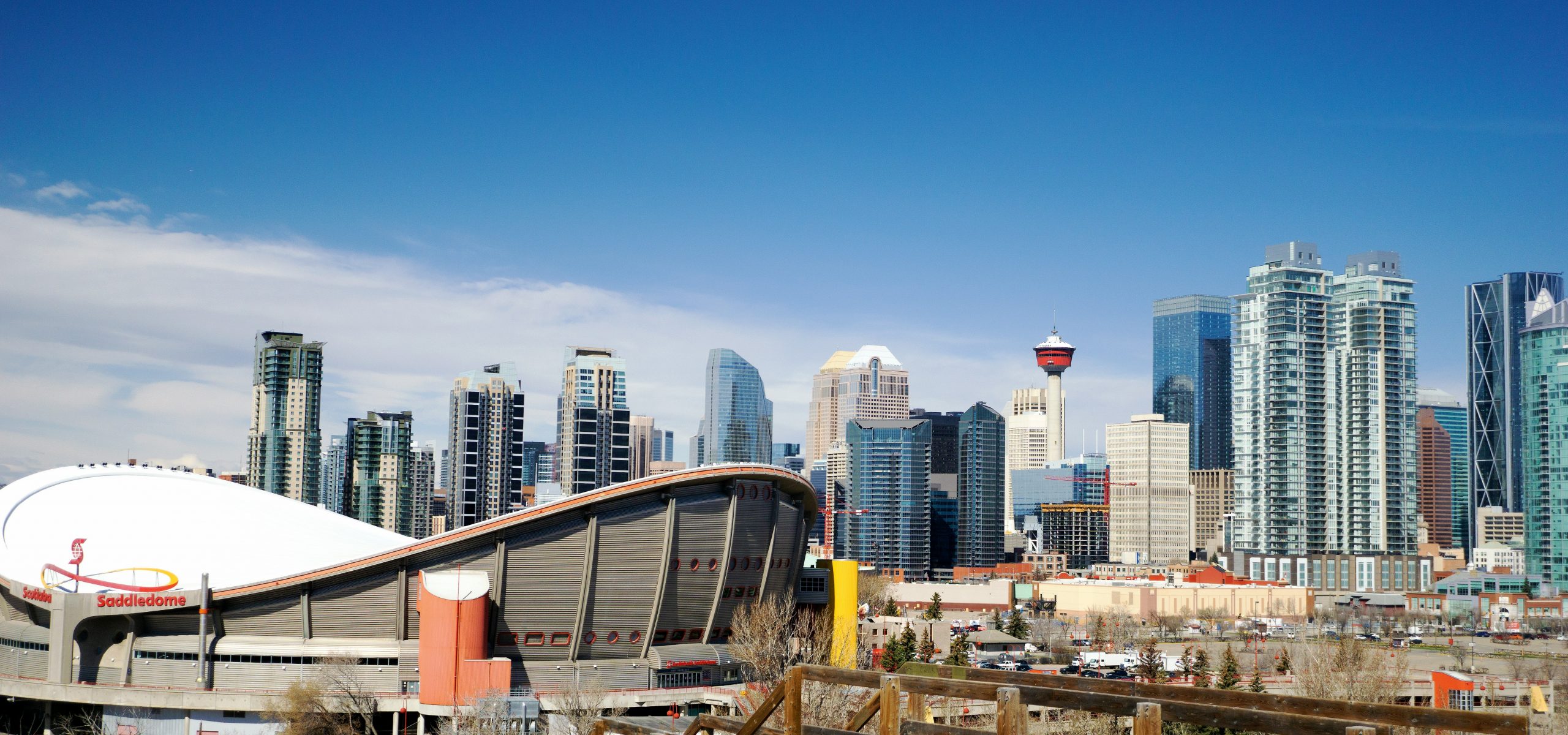
Calgary, with a 7.8% property tax increase, reflects the broader trend of significant markups in various cities. The need for additional revenue to address municipal deficits is pressuring homeowners.
Winnipeg (3.5%)
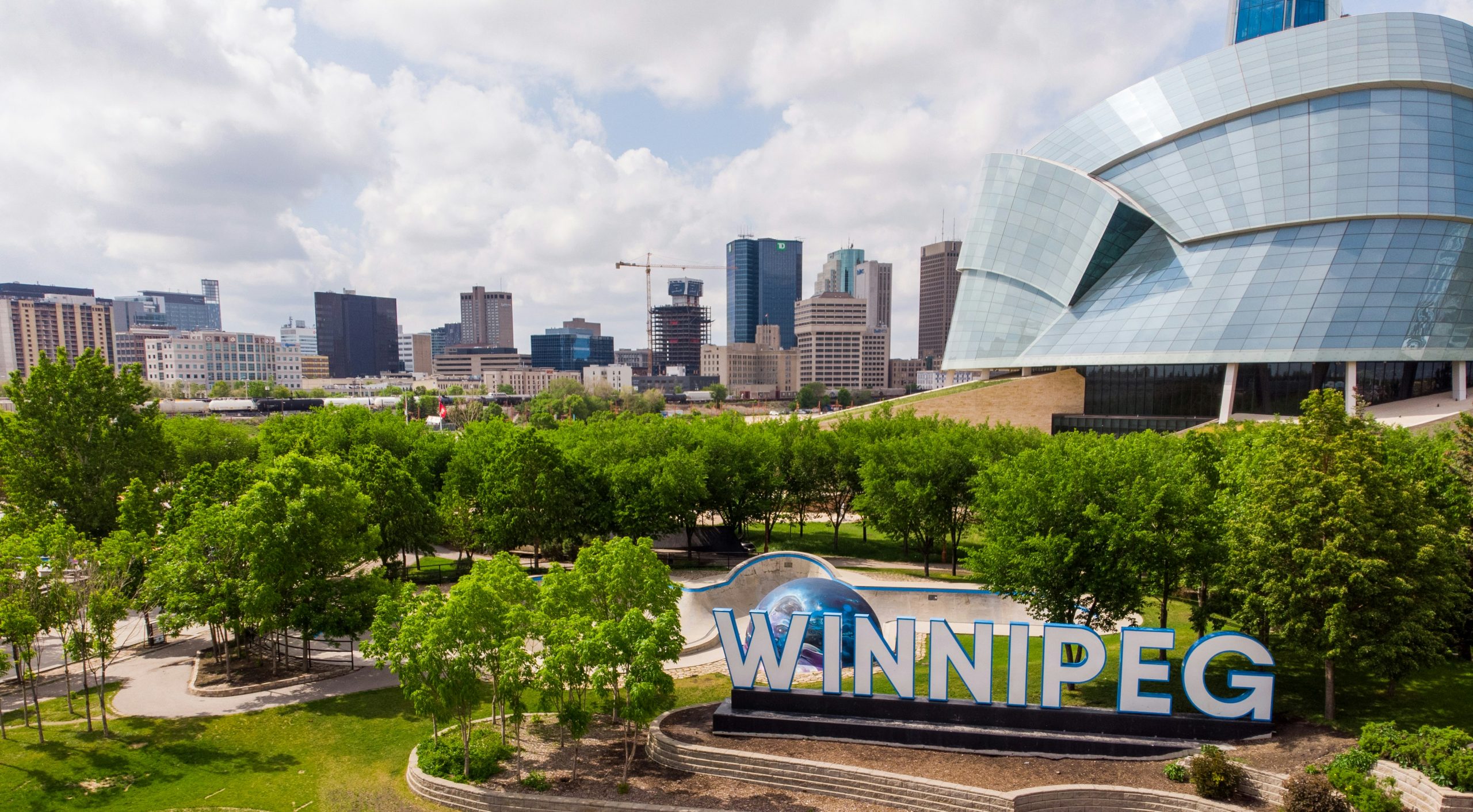
While more modest, Winnipeg's 3.5% rise is coupled with added fees for other services, impacting residents and prompting discussions on the overall financial burden on homeowners.prompting discussions on alternative revenue sources.
Ottawa (2.5%)
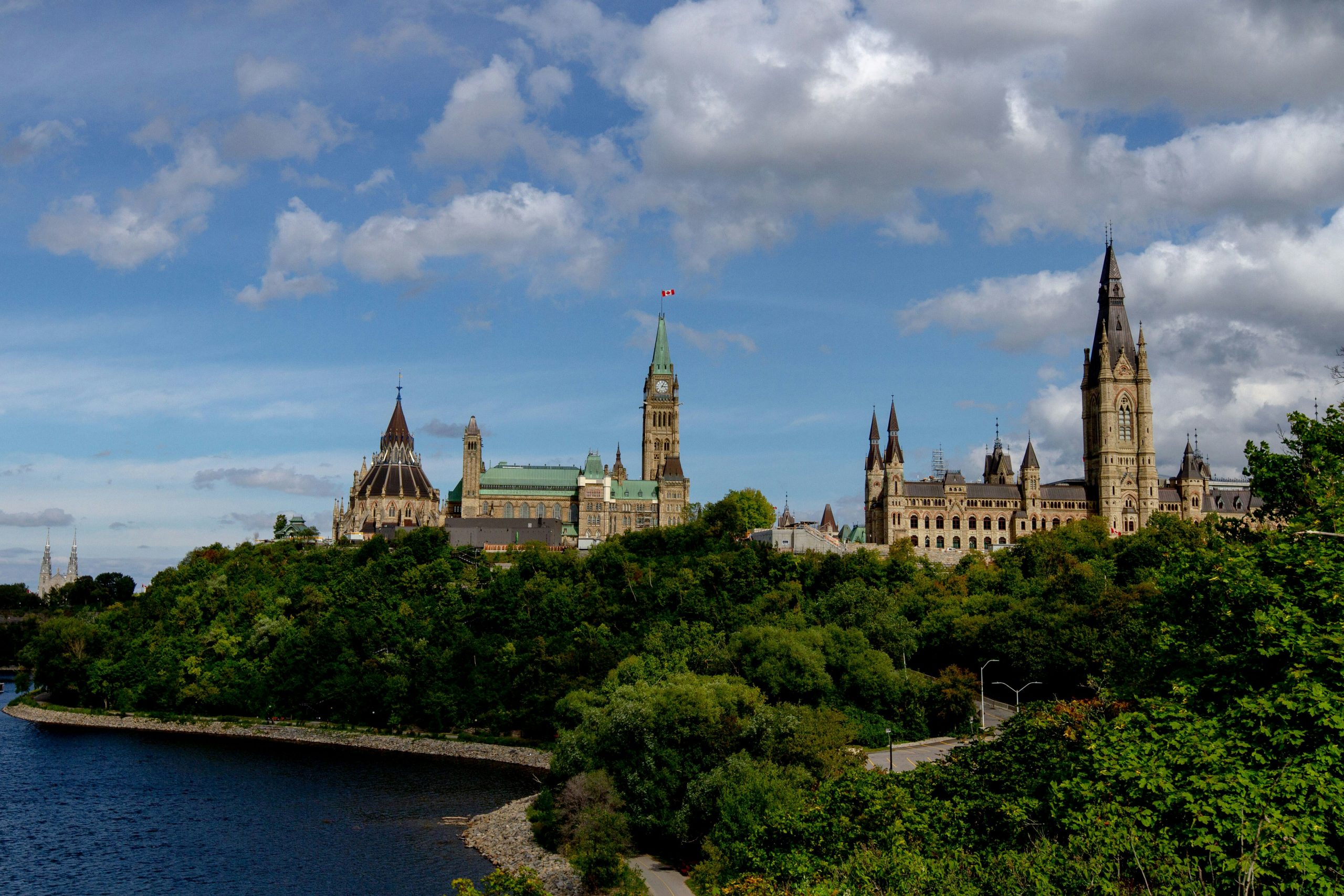
With a more conservative increase, Ottawa's 2.5% uptick still contributes to the nationwide trend, prompting questions about the impact on housing affordability and migration patterns.
Hamilton (7.9%)
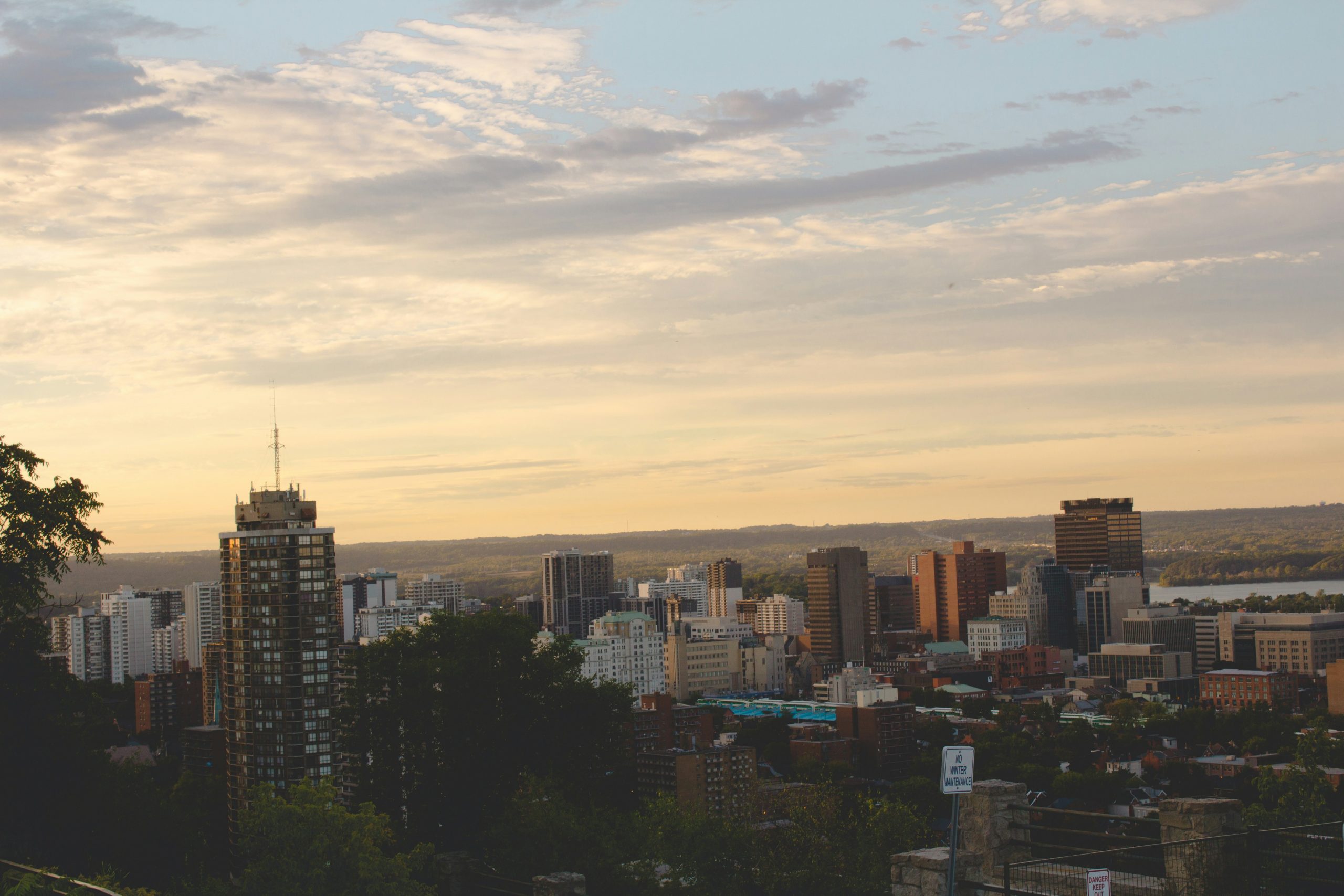
Hamilton is grappling with a substantial 7.9% property tax increase, adding to the challenges faced by residents in a city where homeownership is already a significant financial commitment.
Brampton (6.3%)

Brampton residents are facing a 6.3% property tax increase, raising concerns about the cumulative impact of rising costs on homeowners' financial well-being.
Guelph (8.52%)

Guelph is experiencing one of the highest property tax increases at 8.52%, posing challenges for residents and prompting discussions about the need for more sustainable fiscal policies.
Kingston (3.5%)
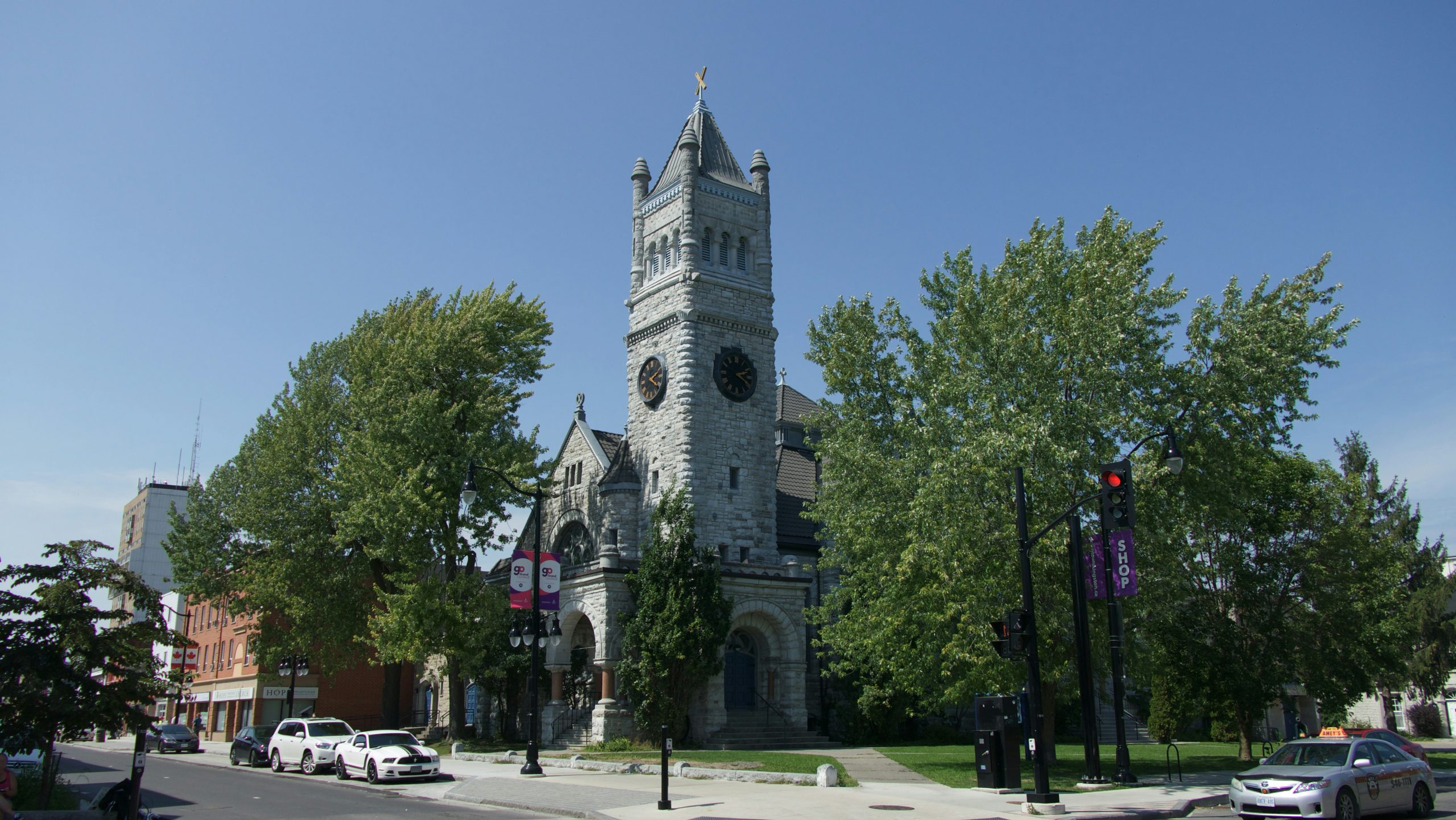
Kingston's 3.5% property tax increase adds to the nationwide trend, emphasizing the need for a balanced approach to municipal financing.
Mississauga (7.2%)

With a 7.2% increase, Mississauga residents are grappling with the financial strain of rising property taxes, raising questions about the long-term implications for homeownership in the city.
Nevertheless, on our home turf, we witness a surge in property taxes, with these cities experiencing increases nearly on par with their larger counterparts: Richmond Hill (3.4%), Sudbury (5.9%), Brantford (5.47%), London (8.8%), Cambridge (5.76%), Brant County (8.7%), Kitchener (3.9%), Waterloo (6.9%), Norfolk County (7.7%), and Tillsonburg (4.91%).
As property tax rates surge across various Canadian cities, homeowners are facing unprecedented challenges. The impact on affordability, migration patterns, and the overall housing market requires careful consideration by policymakers. The conversation around property taxes and alternative revenue sources is essential to strike a balance between addressing municipal deficits and ensuring the well-being of homeowners in these challenging times.
Where do you stand?

